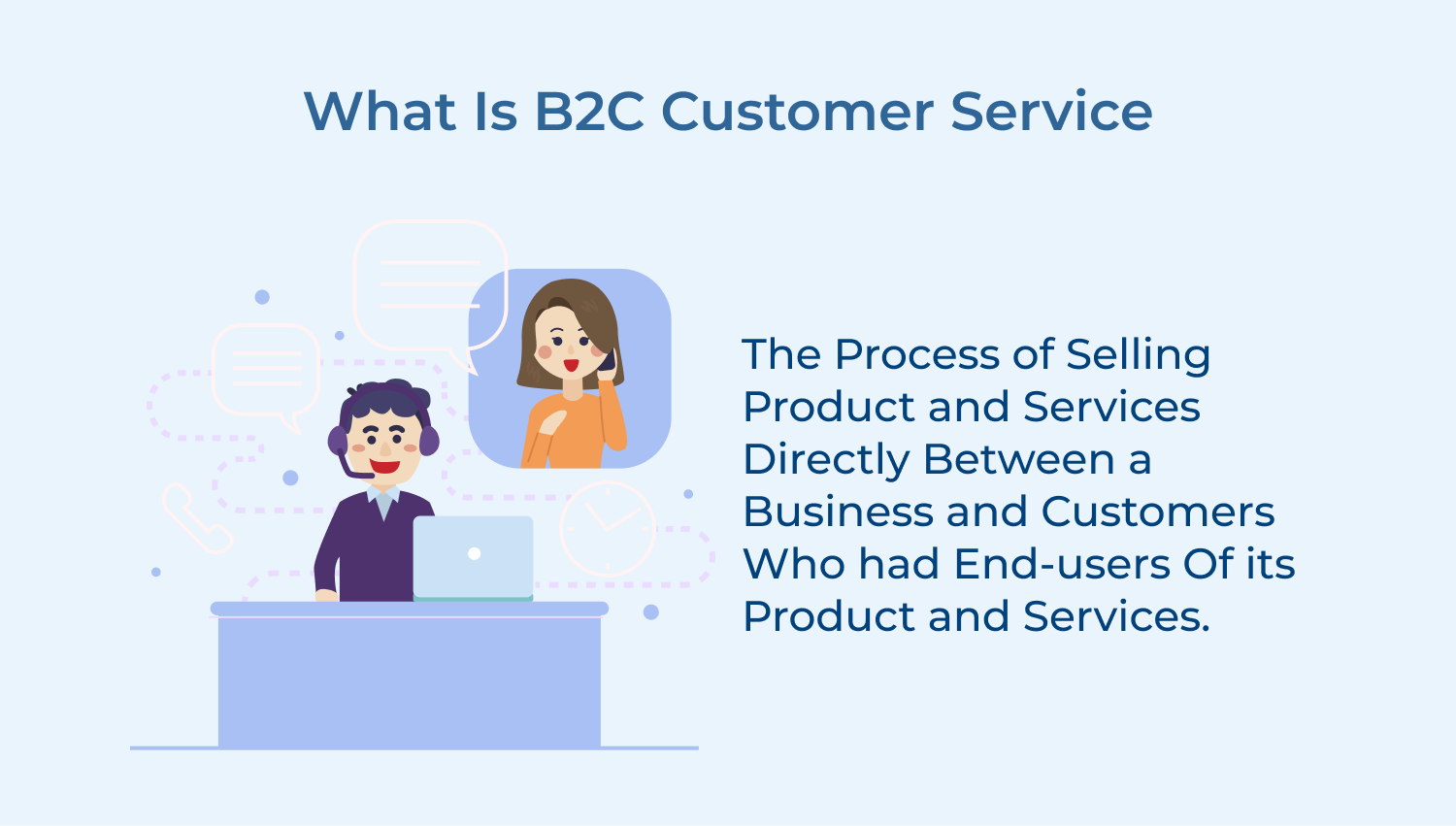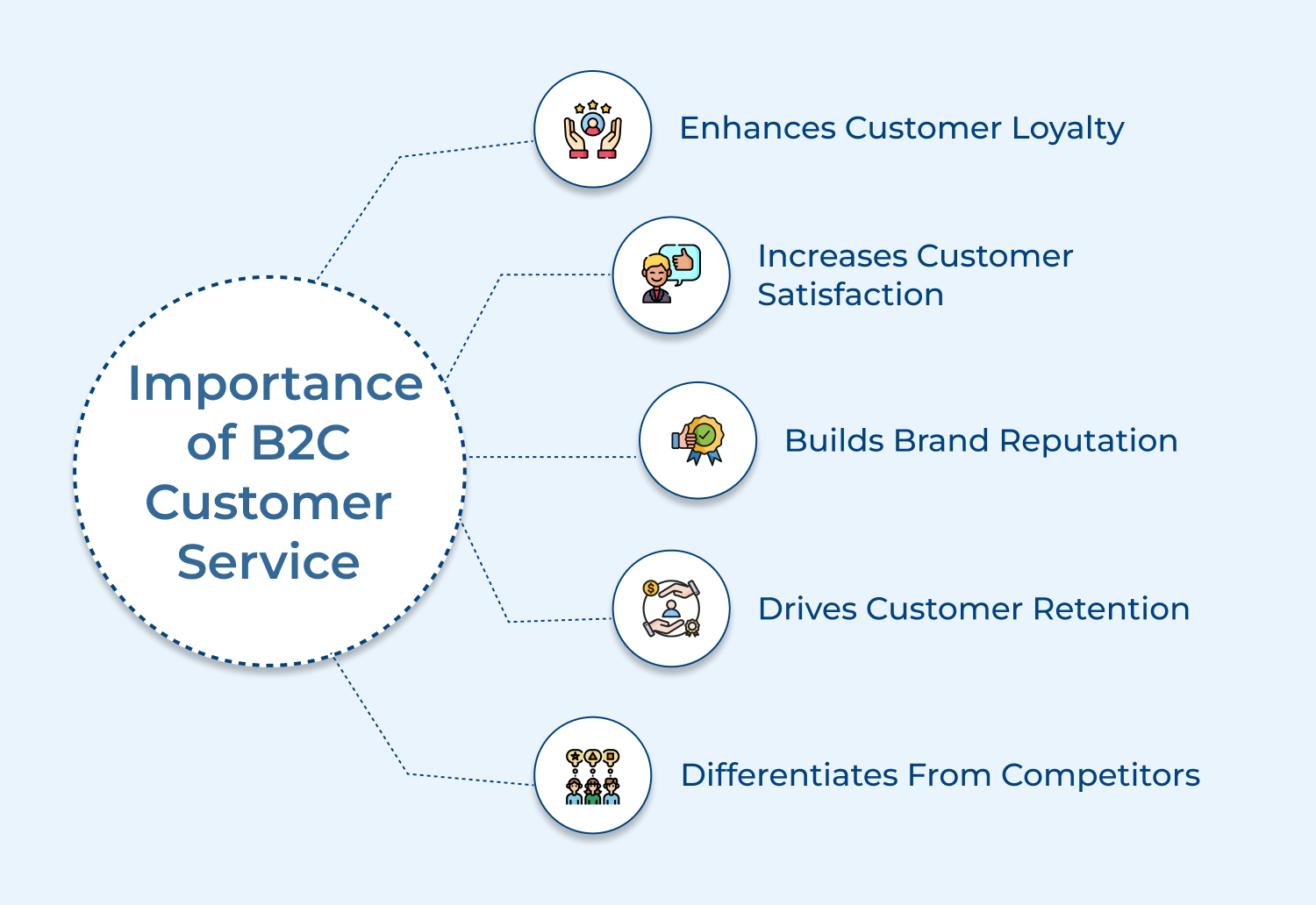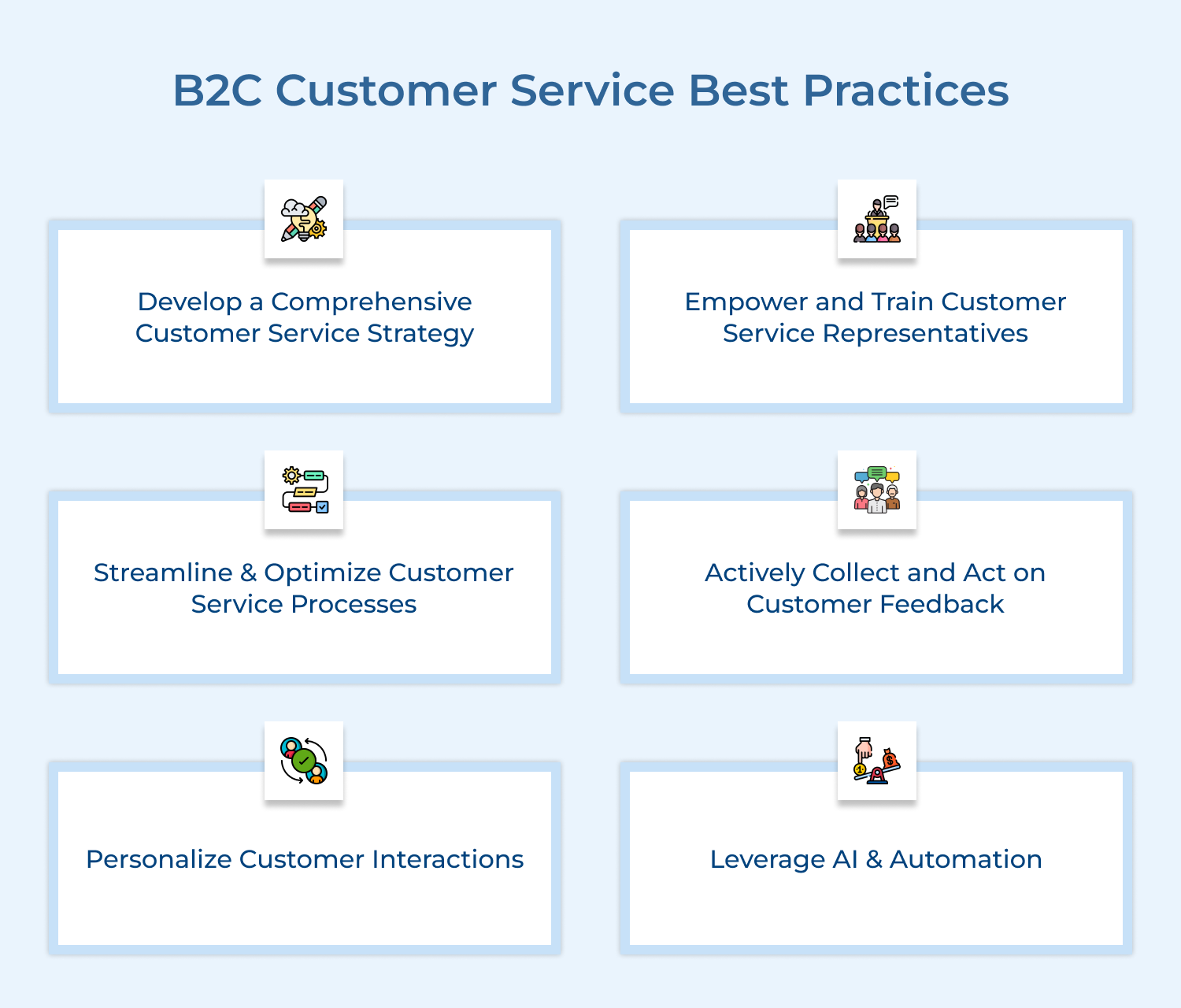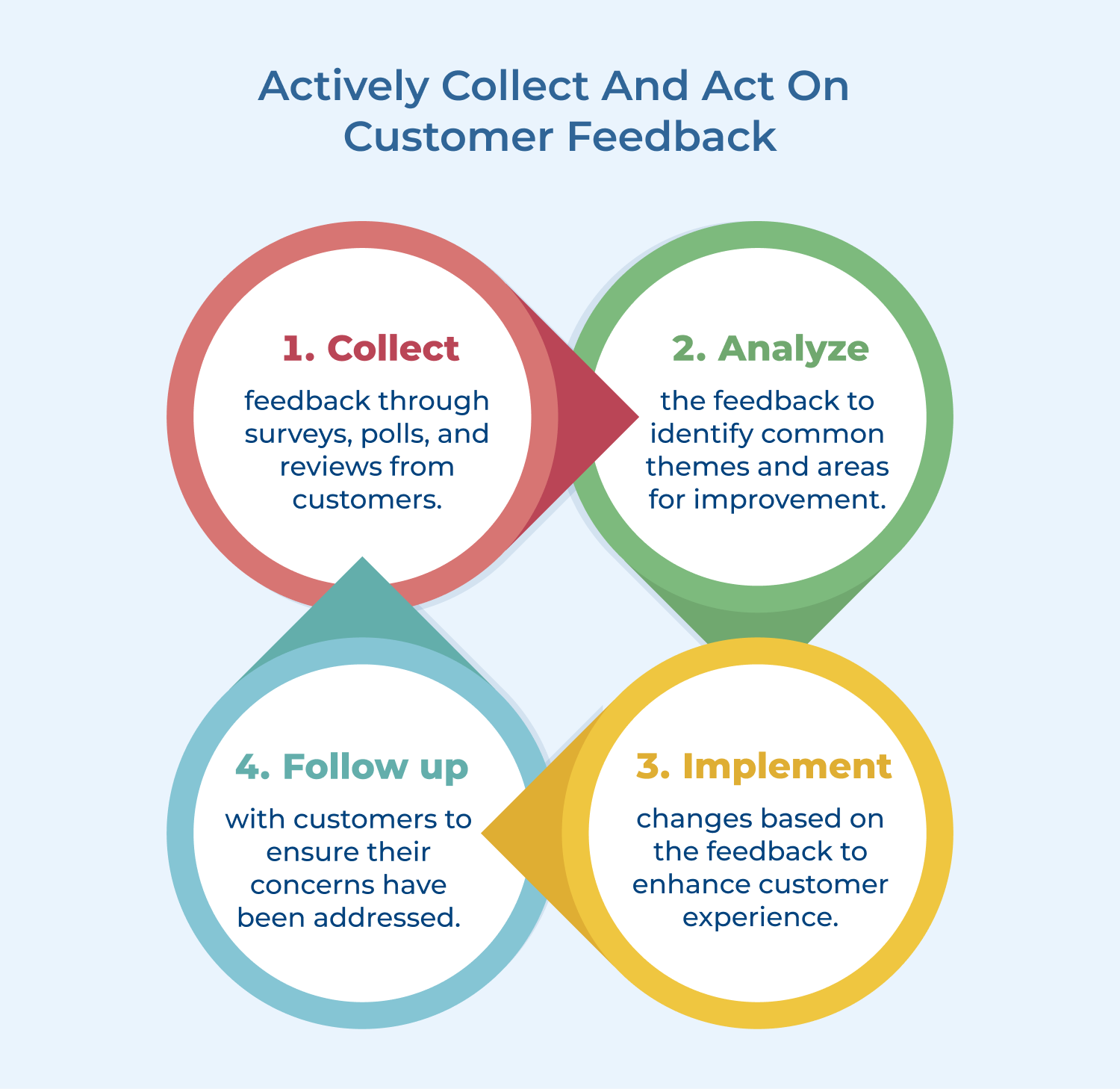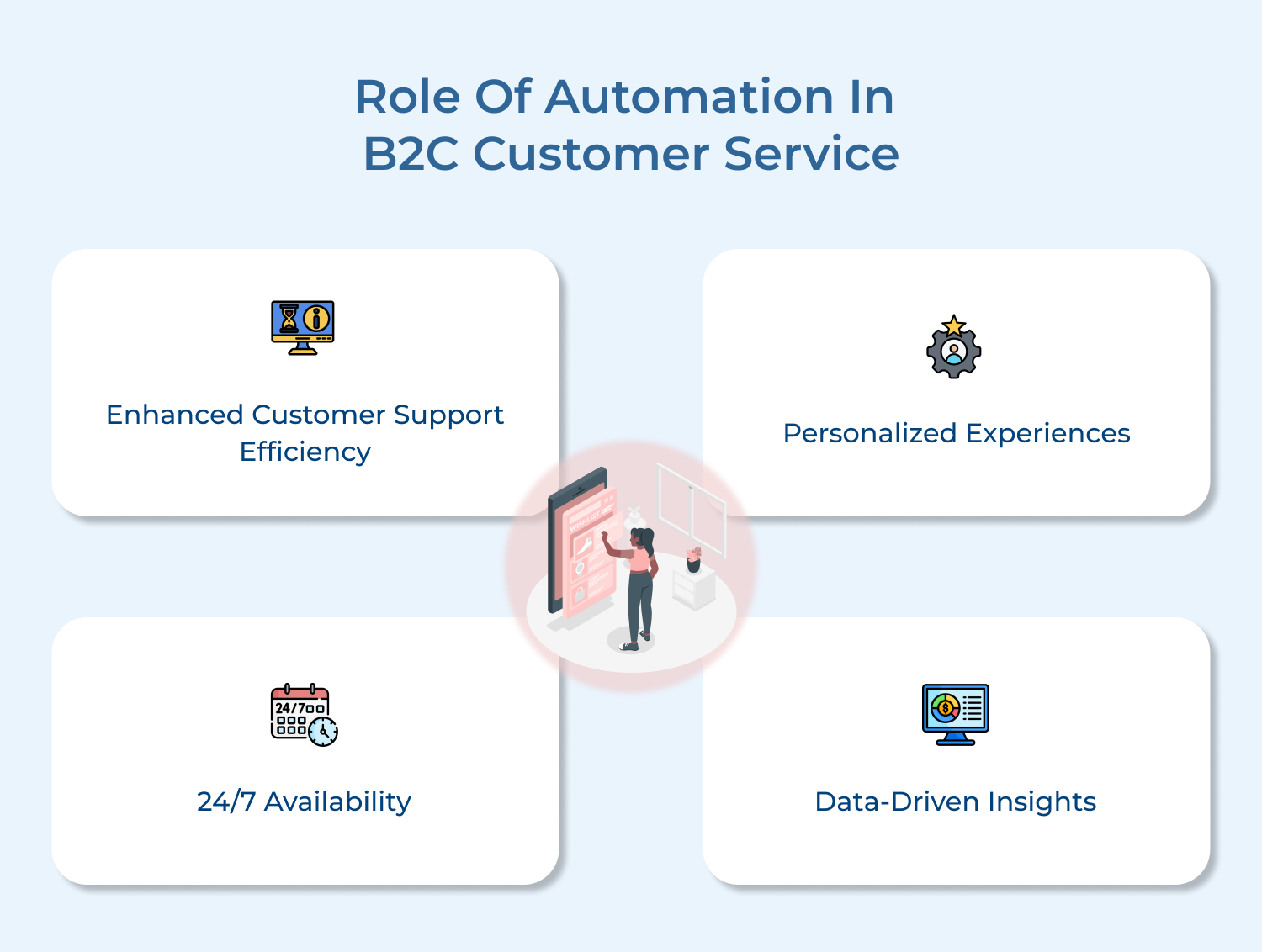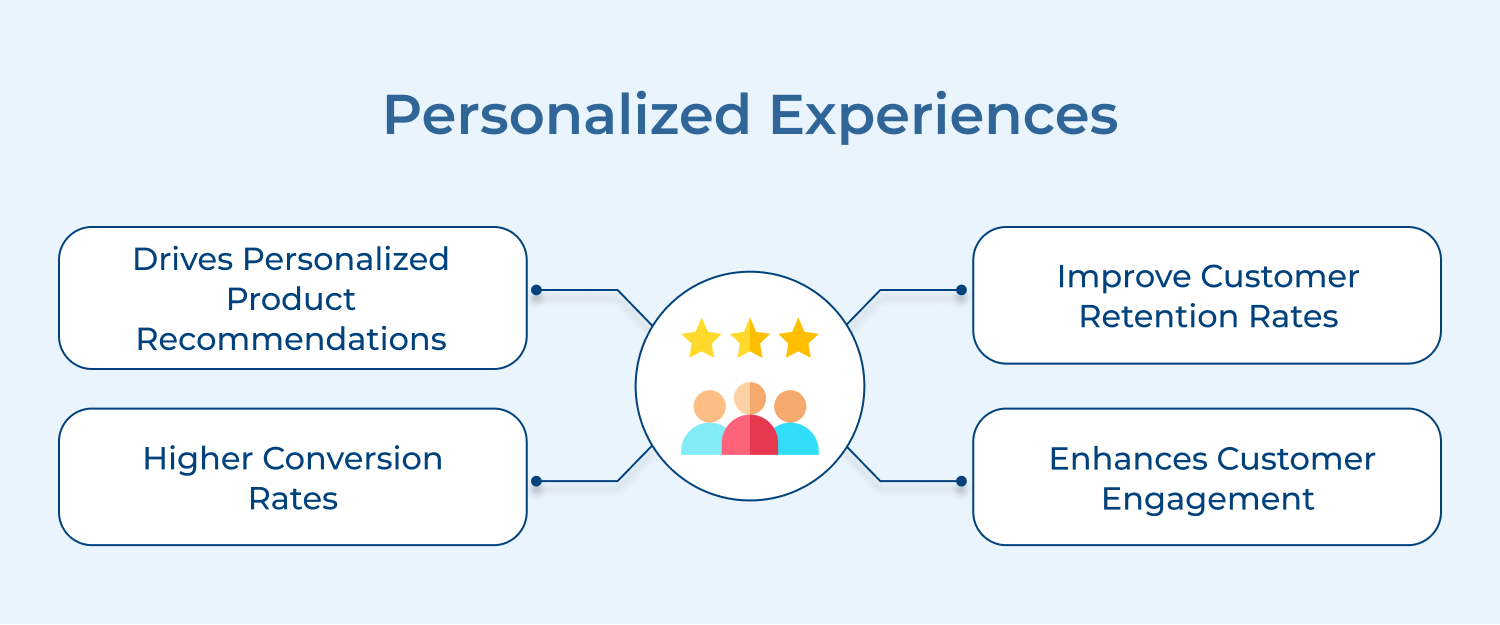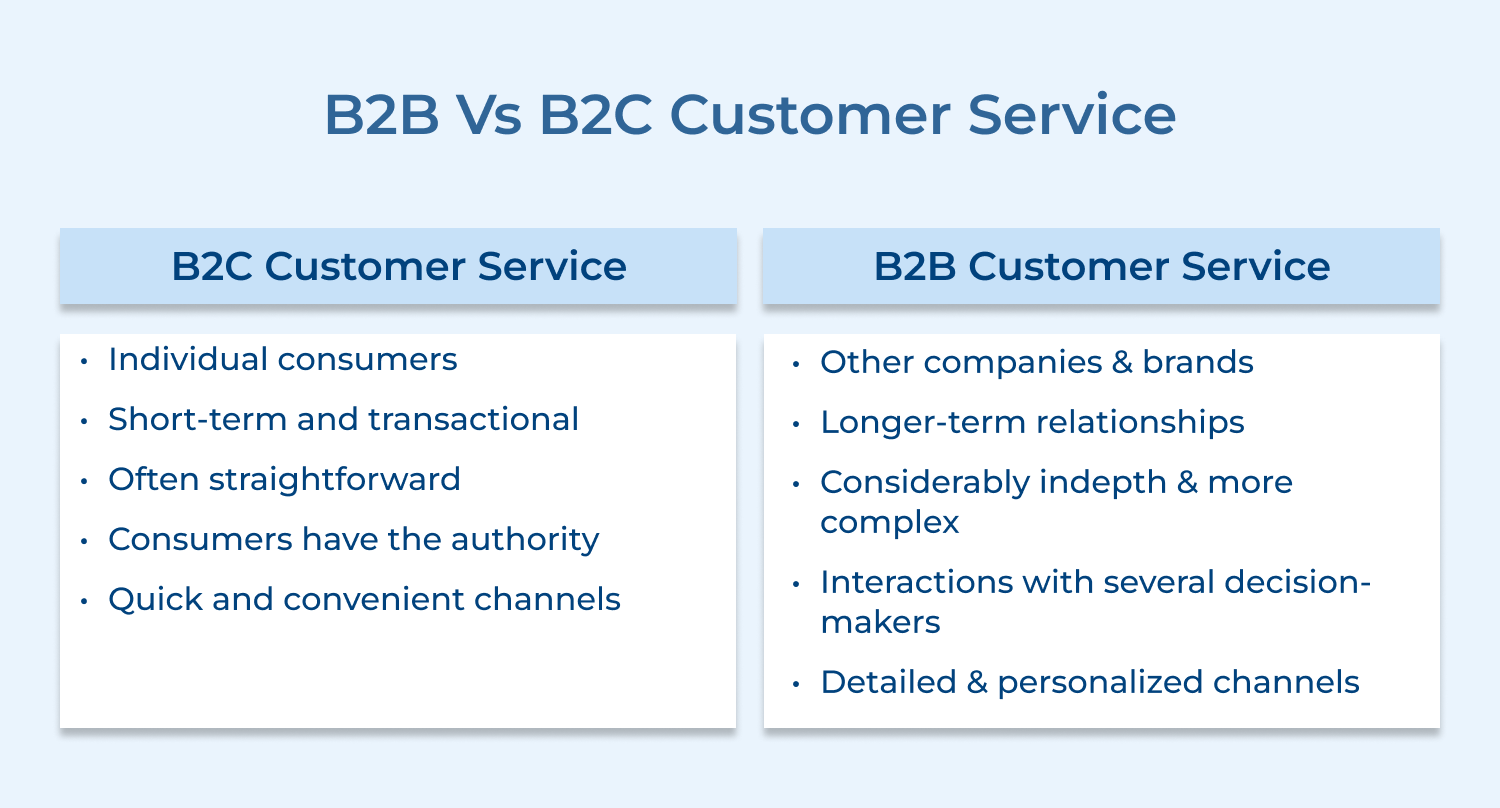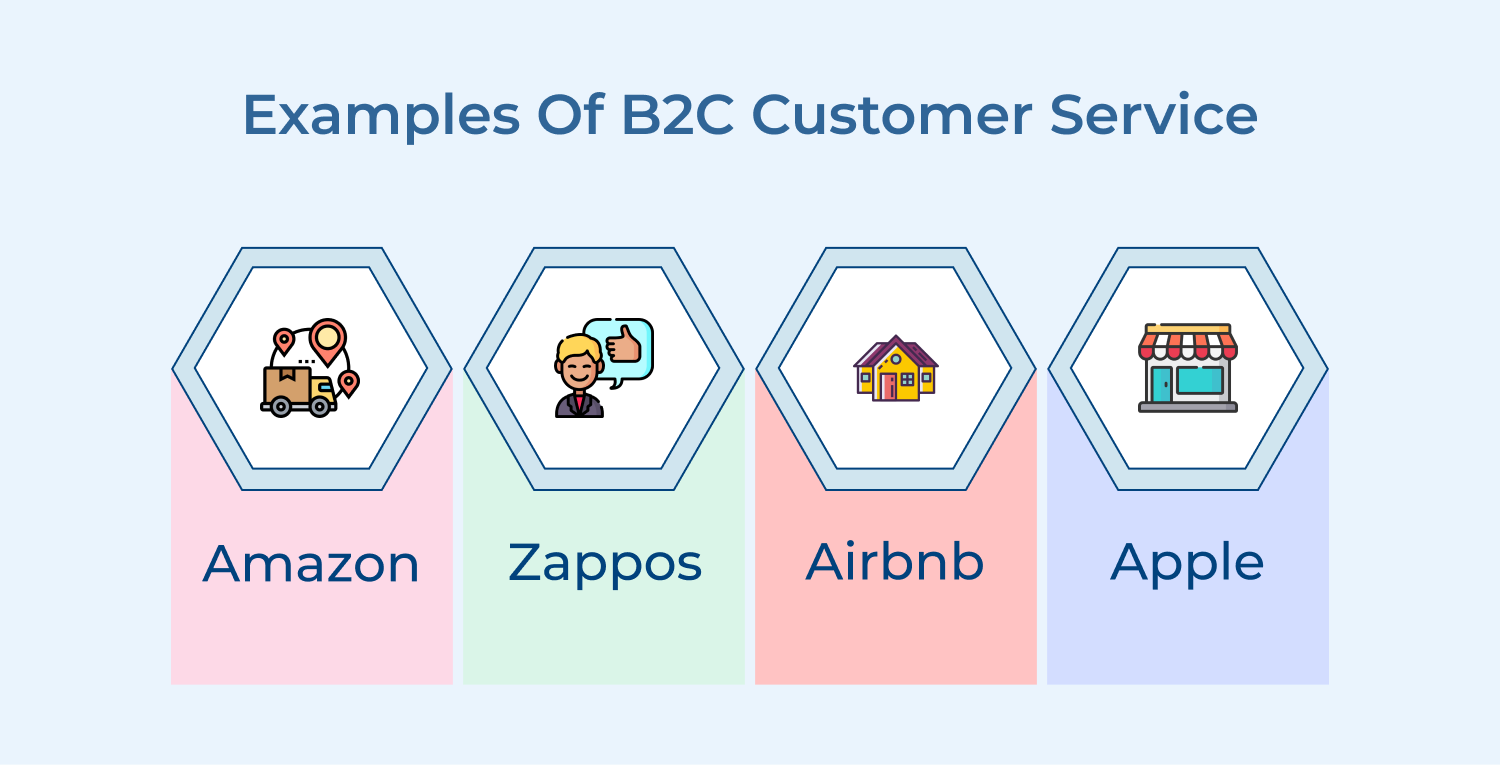1. Amazon
Amazon is renowned as the largest online retailer for its exceptional customer service. The company has integrated multiple channels for customer support, including live chat, email, and phone support. They also offer self-service options through their help center as well as an extensive FAQ section. Amazon prioritizes customer satisfaction and goes above to resolve any issues promptly, making them a leader in B2C customer Support.
2. Zappos
Zappos offer 24/7 customer support through phone, email and live chat. Zappos was set apart by their commitment to providing a personalized experience for each customer. Their agents are known for going the extra mile to help customers find the perfect fit. Zappos truly understands the value of customer loyalty and works hard to foster strong relationships with their customers.
3. Airbnb
Airbnb has invested heavily in its customer service department as a leading online marketplace for accommodation and experiences. They offer various channels for support, including phone, email, as well as chat to ensure that customers can reach out for assistance anytime. Airbnb’s customer service team is highly responsive and proactive in resolving any issues or concerns guests may have. They prioritize creating a seamless experience for both hosts and guests, which has contributed to their success in the B2C customer service realm.
4. Apple
Apple is known for its sleek and innovative products, but their commitment to customer service is equally impressive. They provide support for their range of products to assist with software and app-related issues. Apple’s customer service team is known for their expertise as well as willingness to assist. They offer various ways for customers to reach out for support, including phone, chat, and in-person appointments at their retail stores. Apple’s commitment to customer satisfaction has earned them a loyal customer base along with a strong reputation in the B2C customer service industry.
Improve Customer Engagement With B2C Customer Service
B2C customer service plays a crucial role in improving customer engagement and building strong relationships with consumers. Businesses can enhance customer satisfaction as well as loyalty by providing exceptional customer service. It is essential for companies to understand the expectations of their target audience and tailor their customer service strategies accordingly. Strategies include personalized interactions, timely responses, along with proactive problem-solving.
Utilizing technology such as chatbots and social media platforms can also contribute to efficient customer service. Prioritize customer service in the B2C sector to increase customer retention, positive referrals, and overall growth for the business.

